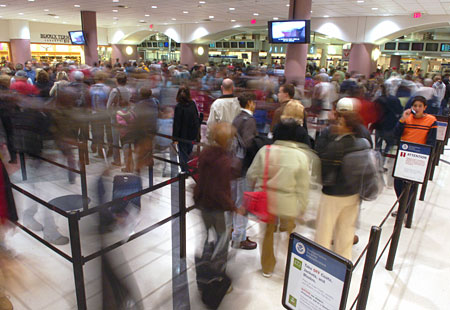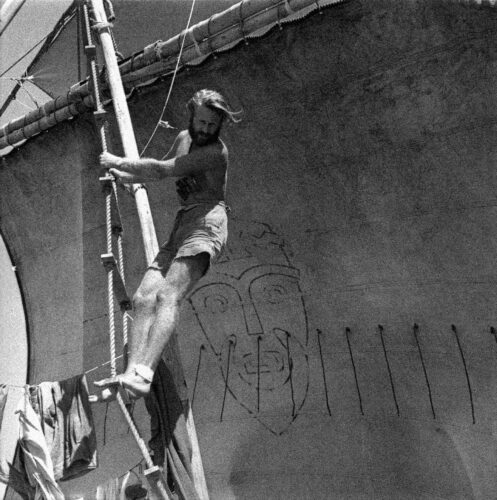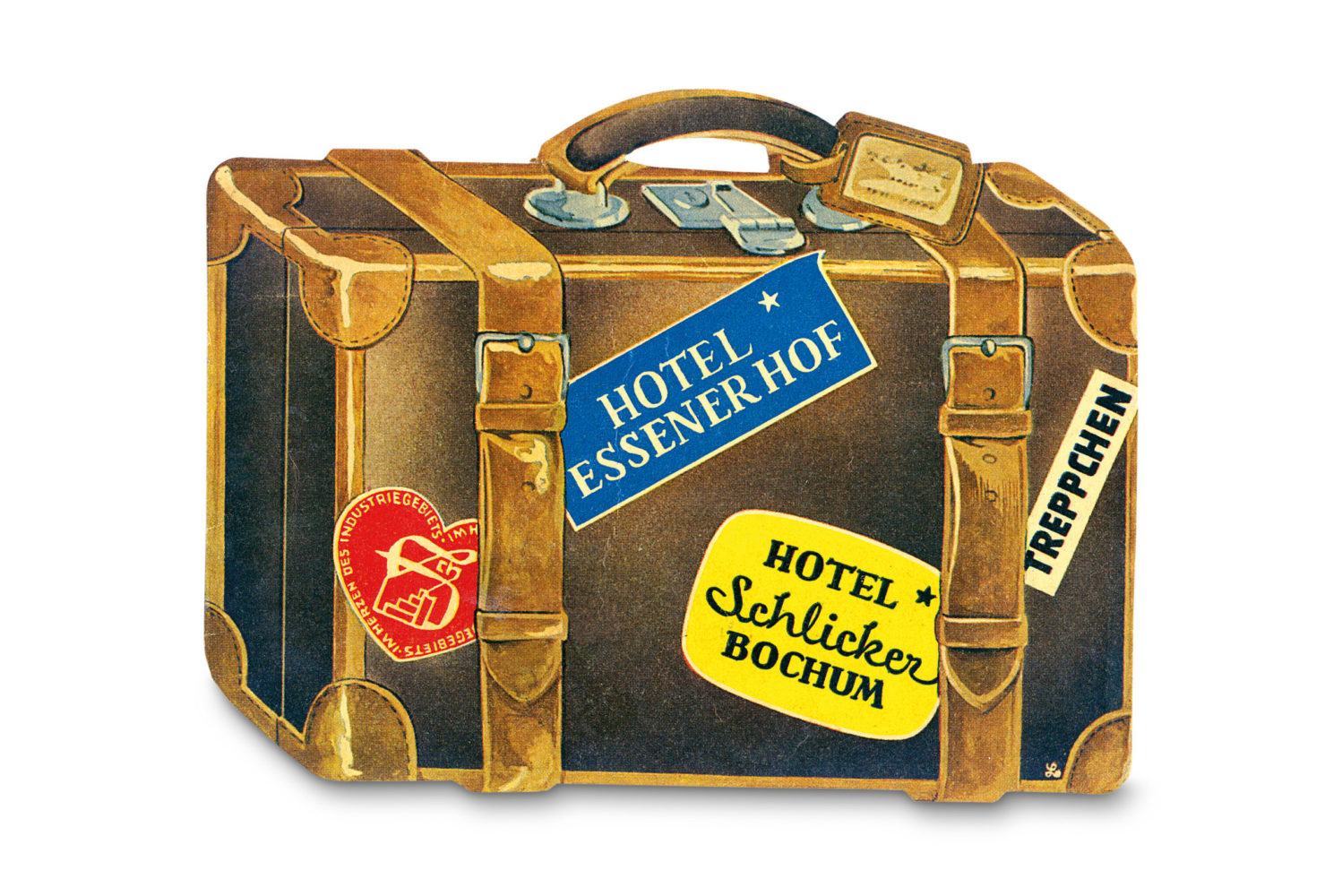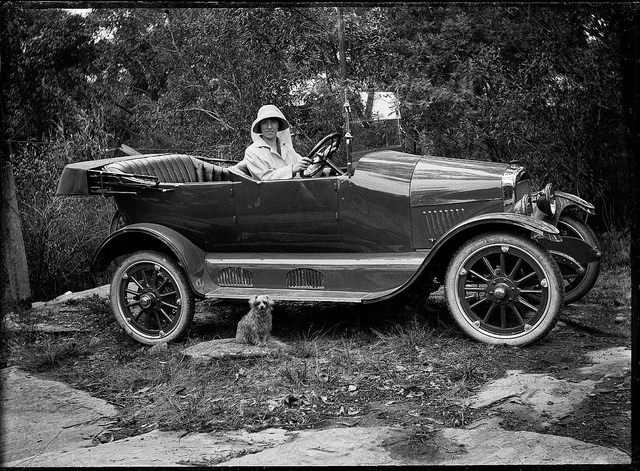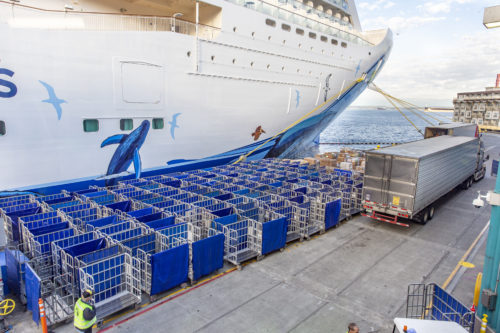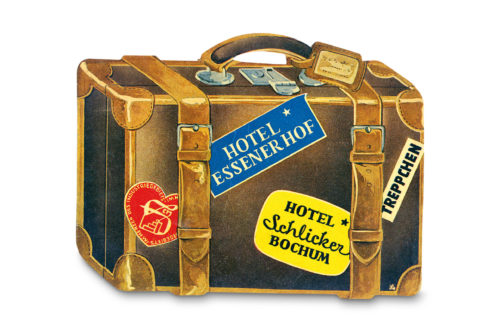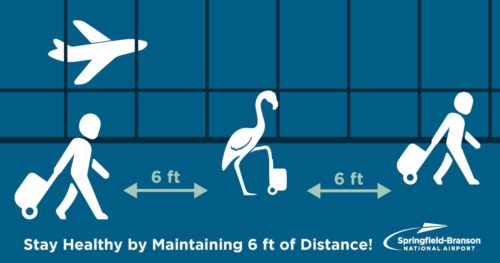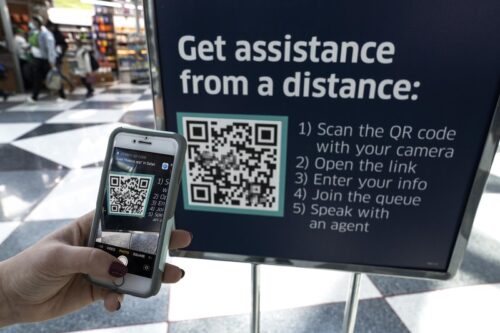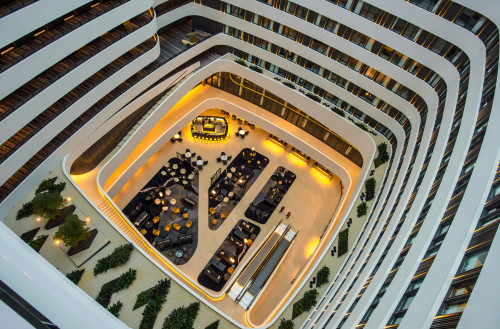
(Our travel trends story first appeared on NBC News in a slightly different form)
Consumers who got a taste of higher-end amenities during the last couple of years’ travel boom aren’t too keen to go back to basic economy.
And the travel industry doesn’t want them to.
“If revenge travel was then, emboldened travel is now,” said Erika Richter, a spokesperson for the American Society of Travel Advisors. The group sees customers taking advantage of the upgraded offerings operators are dangling.
With travel volumes still trending well ahead of pre-pandemic highs, “premium leisure travel is definitely on the rise,” said Henry Harteveldt, president of Atmosphere Research Group, which analyzes the travel industry.
At the top end of the market, the most deep-pocketed consumers are still spending heavily on high-dollar getaways and exclusive experiences. Now, airlines, hotels, and cruises are prodding passengers of less lavish means to go premium, too — in some cases revising down what counts as “luxury.”
Upgrading from basic
Caleb Cash-Tobey and his husband have been springing for larger rooms and suites than they used to. Each year, the Fort Smith, Arkansas-based couple takes one major trip as well as smaller monthly ones that they’re increasingly comfortable enhancing with extra amenities, such as evening turndown service and in-room breakfast.
“We’ve learned that we should take the experience when it is offered because some experiences are no longer available in the post-Covid world that we may have really enjoyed,” Cash-Tobey. One example: a Champagne-augmented tour of the British crown jewels that a favorite London hotel discontinued.
Kristin Winkaffe, a travel adviser with Avenue Two Travel in Columbus, Ohio, said customers are becoming “more inclined to treat themselves to experiences that they may not have considered a few years ago. They’re now prioritizing the quality of their vacations over budget constraints.”
The travel industry is happy to oblige
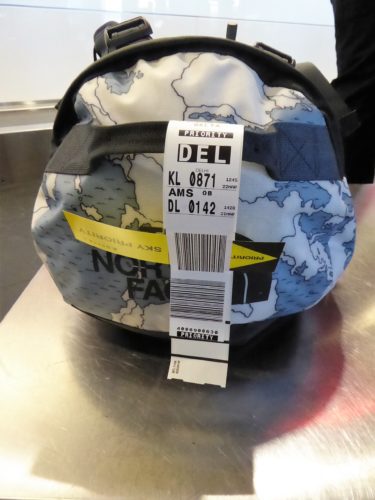
Both international and domestic airlines are increasing their premium cabin capacities, a pre-pandemic trend that shows no sign of letting up. Major carriers have been adding extra legroom in premium economy and expanding some business and first-class cabins, looking to nudge more flyers out of their cheapest seats and into pricier ones.
Delta Air Lines President Glen Hauenstein told investors in October that revenue from premium offerings jumped 17% from the prior year, “outperforming the main cabin by five points.” Its premium select tier for long-haul flights, situated between economy options and the upscale Delta One, was revamped in late 2022 and has performed “above expectations,” he said.
“The airlines have realized that if they price these products in the right way, they can coax enough people to trade up,” Harteveldt said. His firm found last year that 1 in 3 travelers either booked a premium option or considered one, down just slightly from 38% in 2022, “when we were still in the throes of revenge travel and when people still had more savings.”
Some consumers are shelling out on upgrades that are more about practicality than self-pampering.
“Since the pandemic, I now only book changeable airplane tickets and hotels,” said Cathy Raines of Washington, D.C. That typically adds about 15% to her bills, Raines said, but she thinks it’s worth it for the added flexibility.
Kristin Chambers, founder of the Boston-based luxury travel agency Travellustre, said many of her clients now ship their luggage ahead of arrival and book VIP services like airside pickups, expedited service at customs and immigration, or cars to hotels. “Travelers are increasingly willing to invest in aspects of their journey that will guarantee an elevated level of service,” she said.
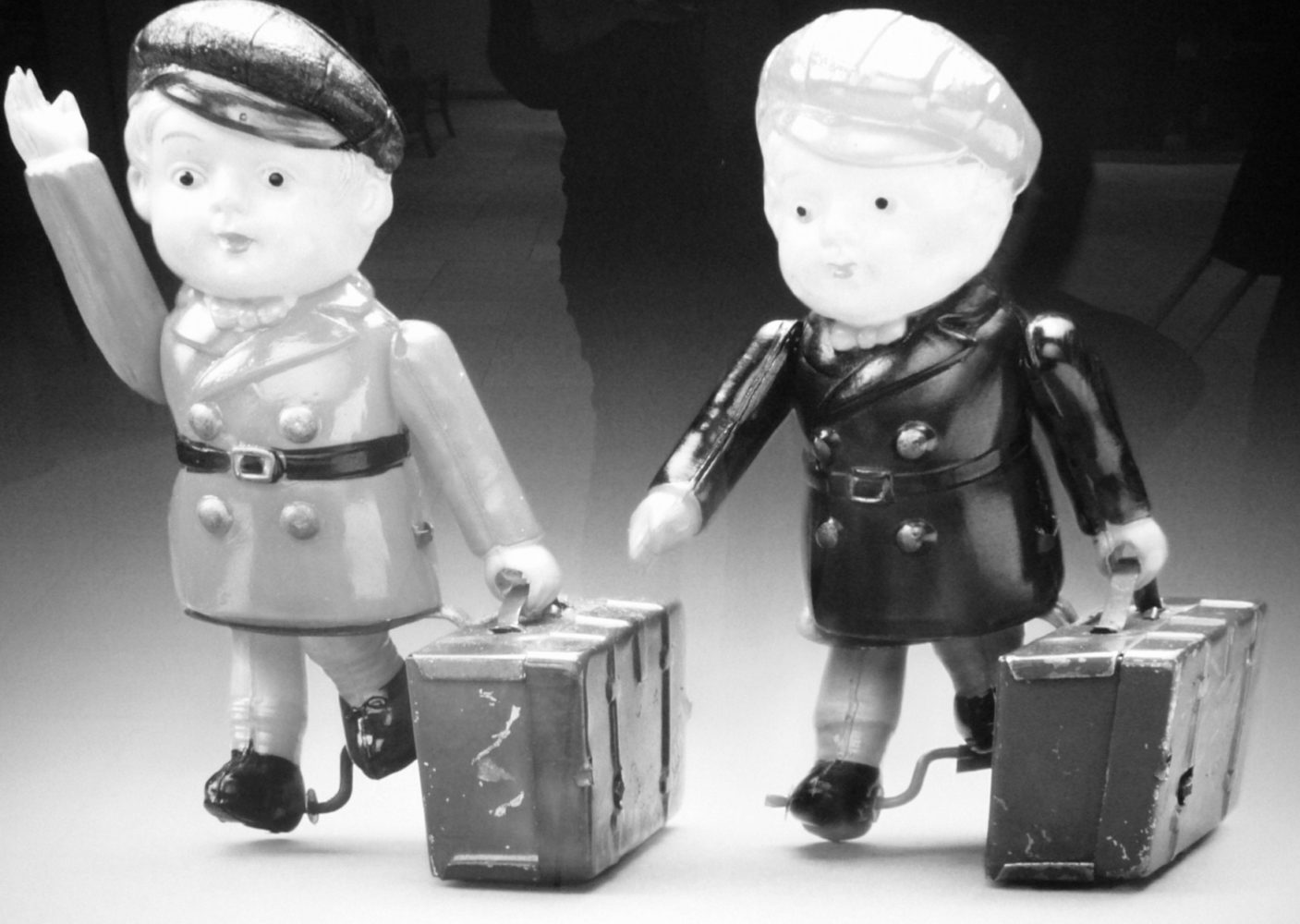
Seattle resident Rebecca Ross and her husband have ruled out Airbnb-style accommodations without 24-hour staff. “Life is too short to be standing around with a roller bag and a double-parked car wondering how to get in. We’ve vowed that our lodging must have a front desk with a human,” she said. That sometimes means spending more but often just requires a little extra time to hunt down, she added.
A Morning Consult report in September put it bluntly: “Forget first-class seats and penthouse suits — luxury travel is about customer service.” If that means redefining what counts as premium to include things like the ability to speak to a real support agent, the researchers found consumers may welcome it all the same.
First-class flights, fancy hotel stays, and fine dining hold less appeal now than simply “feeling relaxed,” “experiencing comfort” and great service, the report said, adding that brands can find opportunity by treating the latter as high end: “The experiences that comprise ‘new luxury’ don’t require the traveler to be affluent.”
The high end gets higher
Some amenities certainly do, though, and wealthy customers are scooping them up.
Many “ultra-high-net-worth individuals” ditched first-class seats on commercial flights for private jets during the pandemic, and the habit stuck, said Doug Gollan, founder of Private Jet Card Comparisons, a buyer’s guide to these services.
“New flyers racked up record-high private flight hours in 2021 and 2022, and 95% of these newcomers have continued to fly privately,” he said — at an average cost of about $40,000 for a two-hour trip.
Lodging operators have also seen strong demand from offerings aimed at higher-dollar guests. “Booking patterns continue to overwhelmingly favor premium suites, and some categories are booked months to years in advance,” said Gebhard Rainer, the CEO of Sandals Resorts International.
The company’s newest resort, Sandals St. Vincent and the Grenadines, won’t open until March, but its beachfront butler villas that start at $1,111 per person per night, and two-story overwater units starting at $1,570 per person per night, have already sold out dates well into 2025, Rainer said.
The Westin Poinsett Hotel in Greenville, South Carolina, put together a “Home Alone” themed holiday package with prices ranging from $599 to more than $1,000 a night — over-the-top rates for the local market during what’s usually a slow holiday season there. It sold out with 93 bookings and many guests asking about reservations for next year.
“I have been in the industry for 25 years between Washington, D.C., and Greenville, and by far this was the most successful package I have ever seen,” said John Geddes, the hotel’s sales and marketing director. “Guests were spending a minimum of four to five times the amount they would generally spend.”
Tour organizations and cruise lines report much the same.
“Travelers are willing to pay more for exclusive experiences,” said Terry Dale, CEO of the United States Tour Operators Association. As a result, organizers “are curating itineraries to include personalized services and experiences with more exclusivity, going beyond the standard offerings.”
Holland America, a subsidiary of Carnival Cruise Line, is seeing more guest bookings for premium spa services like its thermal suites and hydropool, said spokesperson Bill Zucker. “Our private cabanas are selling out regularly. And our new direct luggage service, where guests can have their luggage shipped directly to and from their home, is proving to be very popular,” he said.
Lindblad Expeditions, which operates National Geographic-branded cruises, replaced its Islander I luxury yacht with the more luxurious Islander II for Galapagos voyages in 2022, raising the average fare by 45%.
“Some nail-biting ensued,” said Lindblad Chief Commercial Officer Noah Brodsky, but the Islander II is already 78% booked for this year. That’s well ahead of historical trends, he said, “and an indication of the uptick in premiumization.”
